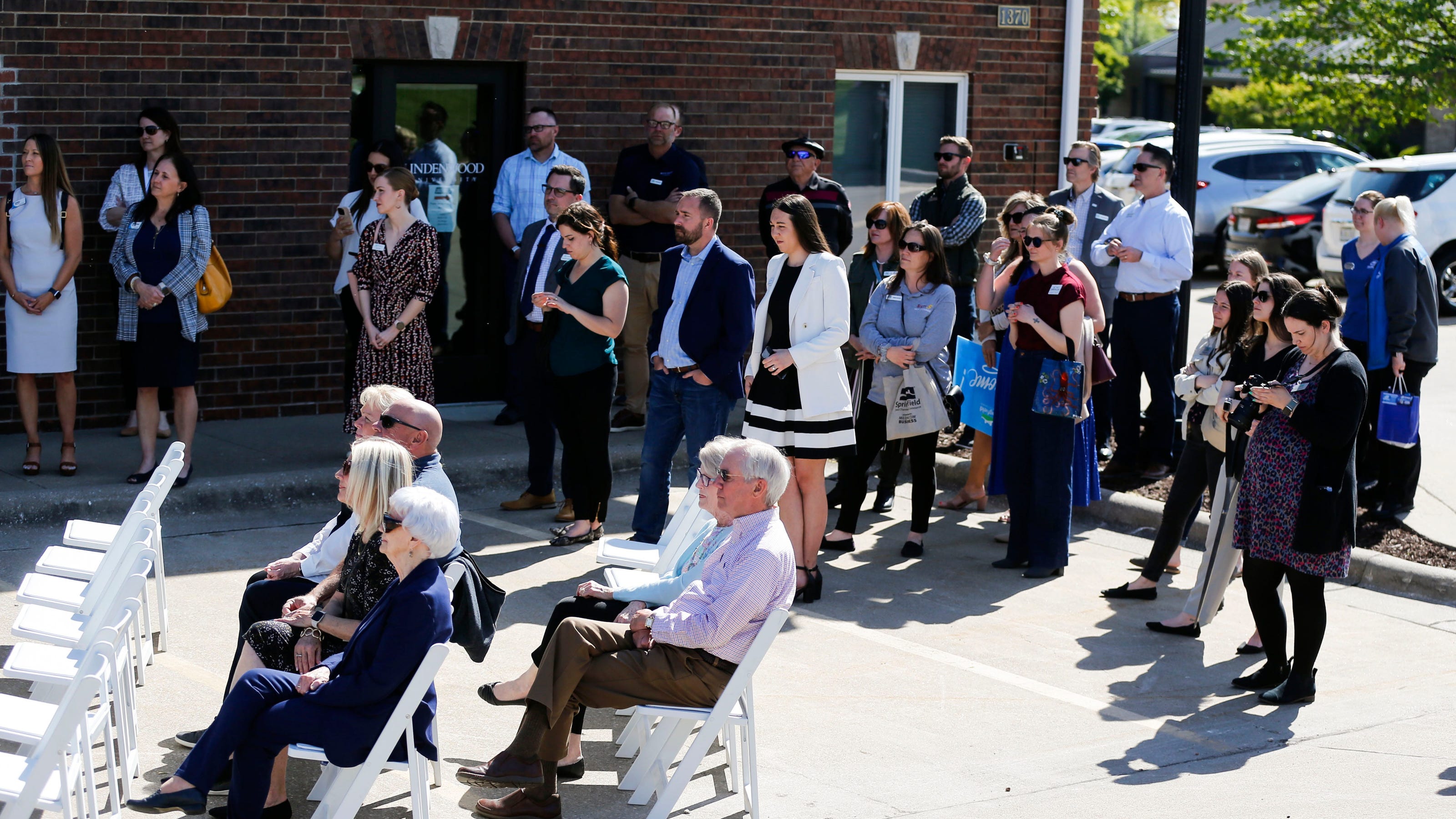“Autism spectrum disorder spiked 175% among people in the U.S. from 2.3 per 1,000 in 2011 to 6.3 per 1,000 in 2022, researchers found. Diagnosis rates climbed at a faster rate among adults in their mid-20s to mid-30s in that period, according to a study published Wednesday in JAMA Network Open.”



Plenty of people are now old enough that they can go see a doctor themselves and get the diagnosis that their parents never bothered to or were unable to bring them to get when they were kids.
Considering the study is referencing young adults and pediatricians have been keeping an eye out for signs of this for quite a while now, I’m not so sure this is the case here with regard to this study at least. Someone like me who’s pushing 40 I would absolutely agree with you because nobody was monitoring this in the 80s and 90s but that hasn’t been the case for a while.
alot of us in that millenial range who were “spared” the diagnosis or just missed, are less likely to fight doctors on the topic as well. more doctors are better informed on newer information about autism. add to that, some of us paying attention to that information and expecting better lives for our kids then we or our undiagnosed parents got.
my mom spent the first 3 years after my sons diagnosis sending me lists of reasons i should give the doctors to say they were wrong. that finally stopped when she “offered parenting advice” on getting him to stop some visible stims. i stopped humoring her perspective and started silently making way too intesne eye contact inwas forced to learn, with no expression, until she got uncomfortable and left. for decades after “discovering” autistics existed, there were fewer autistics because we said there were fewer autistics.